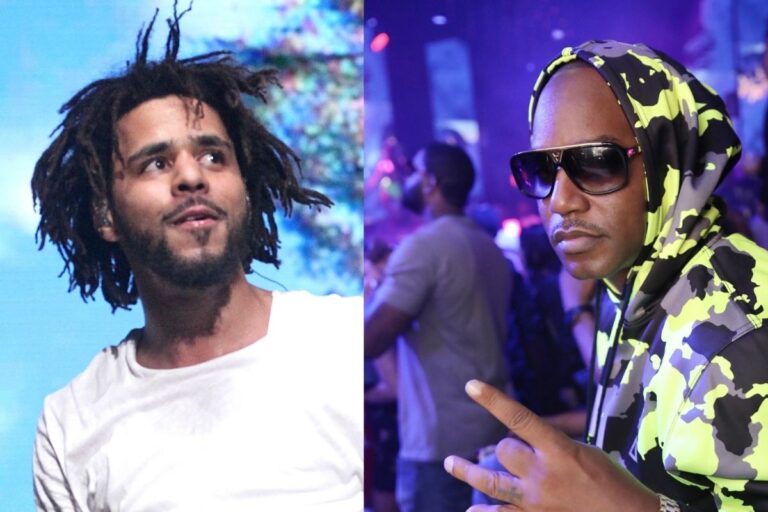Camron filed a lawsuit against J. Cole over the release of his song “Ready 24,” claiming that he was never paid or received credit for his work on the song.
AllHipHop.com
AllHipHop.com has been a pioneer in hip-hop news since 1998. Get our daily email for exclusive breaking news and a weekly digest, all curated for true hip-hop lovers. Stay connected and on the pulse of hip hop culture. Subscribe now!
subscription
Cam’ron filed a federal lawsuit against J. Cole in New York, accusing the Grammy-winning rapper of releasing their joint track “Ready 24” without permission or payment.
Camron claimed that Cole and his company, Cole Worldwide, and Universal Music Group violated their verbal agreement by placing the song on Cole’s 2024 project “that may later be removed” without Cole’s signature.
The Harlem rapper said he and Cole recorded “Ready 24” in June 2022 at Electric Lady Studios in Manhattan.
According to the complaint, the two reached a verbal understanding that the song would not be released unless Cole appeared on one of Camron’s singles or on his sports culture show “It Is What It Is.”
Camron claims Cole continued to post without notice and without attribution anyway. The lawsuit states that while both artists are listed as co-authors of the work by the U.S. Copyright Office, the master recordings lacked proper registration and acknowledgment.
Camron also claimed that although the song was promoted commercially, he never signed a transfer of the rights to the song and did not receive any royalties. He estimates he owes at least $500,000 in unpaid earnings.
The lawsuit asks the court to formally recognize Camron as a co-writer of the master recordings and order a full financial accounting of the song’s earnings. It also seeks his fair share of profits.
The complaint outlines the artists’ previous collaborations, noting that Cam’ron provided a spoken word introduction for the song “95 South,” from Cole’s 2021 album “The Off-Season.”
The feature reportedly sparked discussions about future creative projects. However, the lawsuit says Cole “repeatedly stated that he was unable” to carry out any of those plans.
Camron’s legal team argued that Cole and his label were “repairing, copying, distributing, publicly releasing, selling and trafficking” the song in New York without authorization.
So far, Cole and his representatives have not issued a public response.


